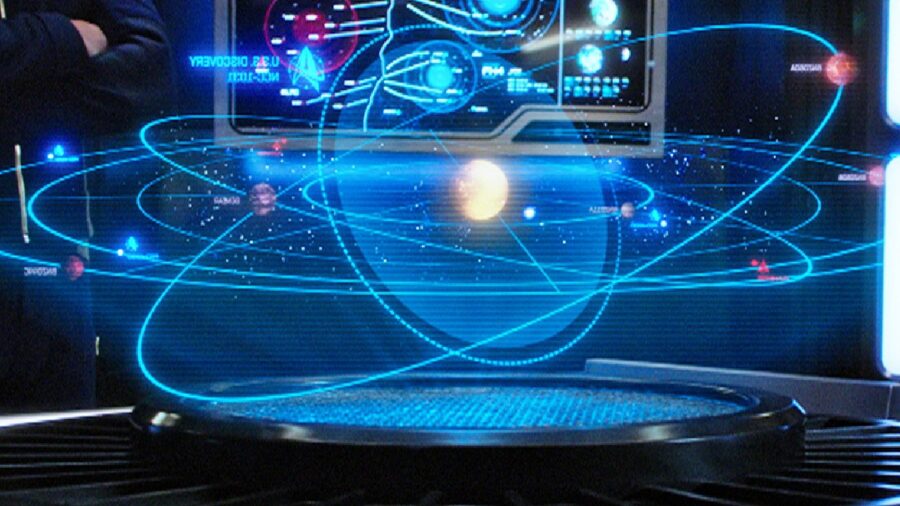
When Star Trek: Discovery first began as a prequel to The Original Series, it received plenty of criticism for how it constantly changed the established lore that we knew from the adventures of Captain Kirk and crew. The show ostensibly fixed this issue at the end of the second season by having the crew of the Discovery travel from the 23rd century to the 32nd century, but this arguably created more problems than it solved. The main problem is quite simple: by setting a Star Trek show so far in the future, the franchise has removed most of the possible tension from future shows and films.
We Know Earth Is Fine
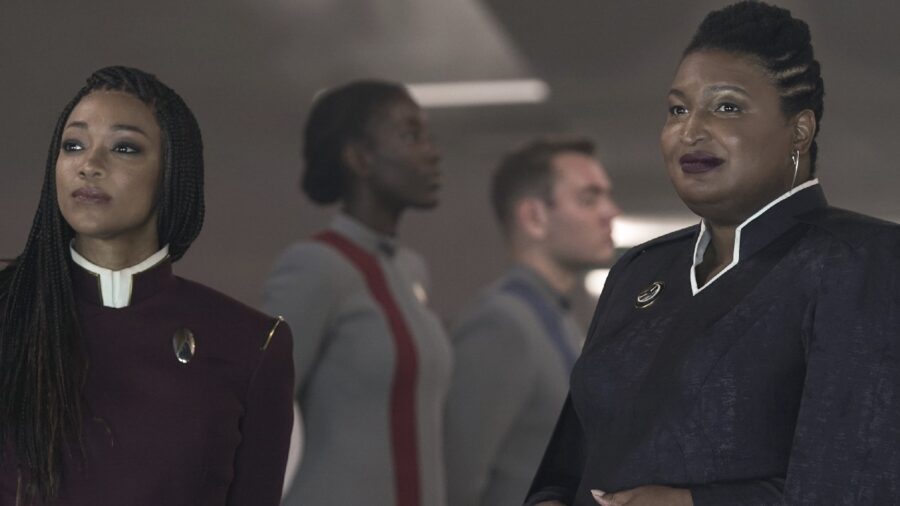
As an example of what we’re talking about, Star Trek: Discovery establishes that planet Earth is alive and well in the 32nd century. Many Star Trek films (including The Motion Picture, The Voyage Home, First Contact, and the 2009 Kelvinverse reboot) involve some powerful force threatening to destroy the human homeworld and/or everyone on it. Thanks to Discovery, future plot points that put the Earth and humanity in danger will have no real tension or stakes because we know that, the better part of a millennia later, our big blue ball will still be there.
We Know The Romulans And Vulcans Are Now Space Bros
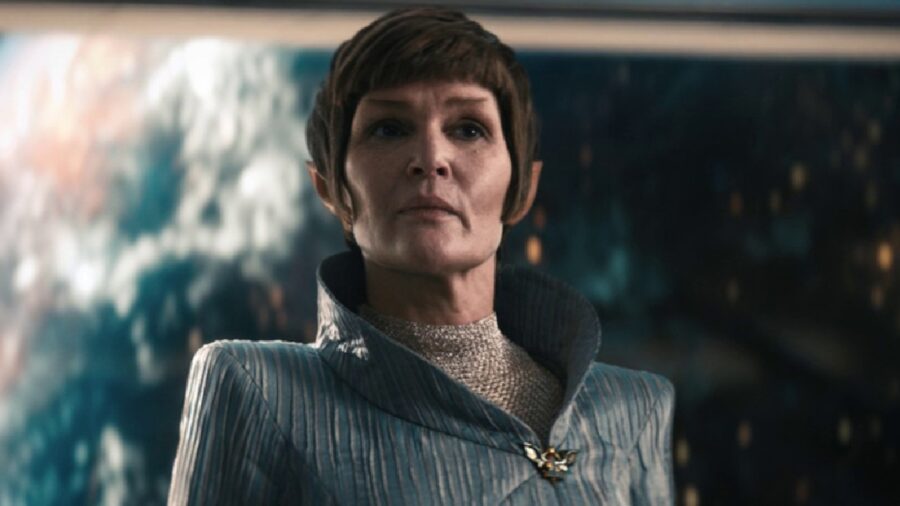
That line of thinking extends to some of the more specific plot points in Star Trek: Discovery’s later seasons. For example, we discover that the Vulcans and Romulans have finally reunified in the 32nd century, and it was very emotionally fulfilling to see that Spock’s long attempt to bring these two rival races back together paid off. At the same time, this revelation undercuts the tension of shows like Picard and Strange New Worlds trying to expand the mythos of the Romulans or the Vulcans because, quite frankly, we now know how their story ends.
We Know The Federation Endures
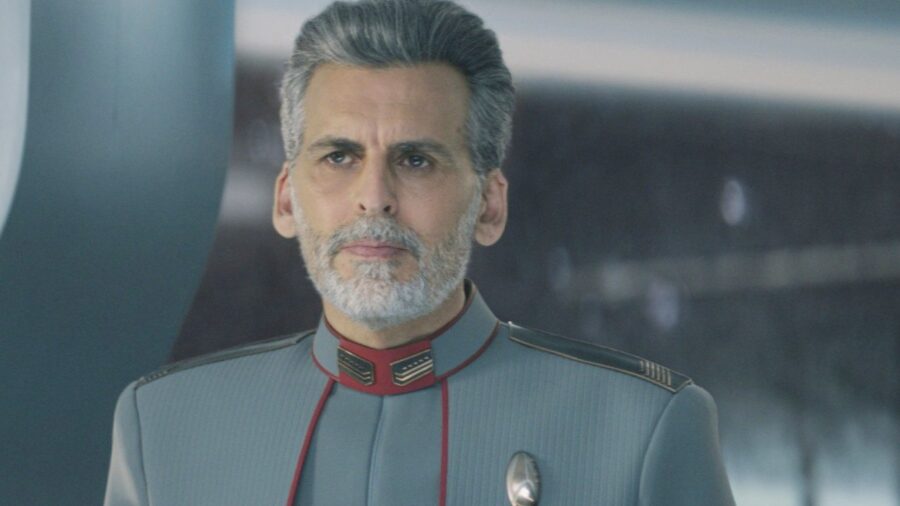
On a wider level, you could say that about both Starfleet and the Federation–while Star Trek: Discovery shows us how both of these organizations have now changed, it makes it very clear that they have endured into the far future. Previous shows like Deep Space Nine have explored existential threats to Starfleet and the Federation (via the question of whether the Dominion would take over the whole Alpha Quadrant), but the franchise can never go to this well again. Like with Earth, the fact that we know Starfleet and the Federation survive into the far future removes any tension from stories where they are threatened
Discovery Is Still A Good Show
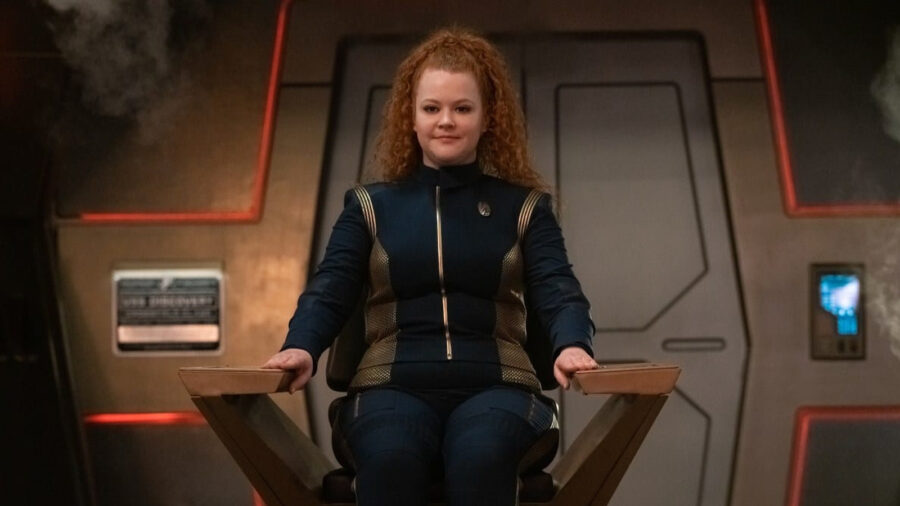
With all that being said, I don’t think that Star Trek: Discovery wa mistake. For all the criticisms the show has received, it has given us complex characters like Captain Lorca, hilarious characters like Empress Georgiou, and empathetic characters like Lieutenant Tilly (we’re Tilly stans for life over here). The show has also given us some great episodes (the Mirror Universe arc alone is worth the price of admission), so my compromise is as simple as it is elegant: future Trek shows should make it clear that Discovery is in its own alternate timeline.
Star Trek Has Plenty Of Time Travel
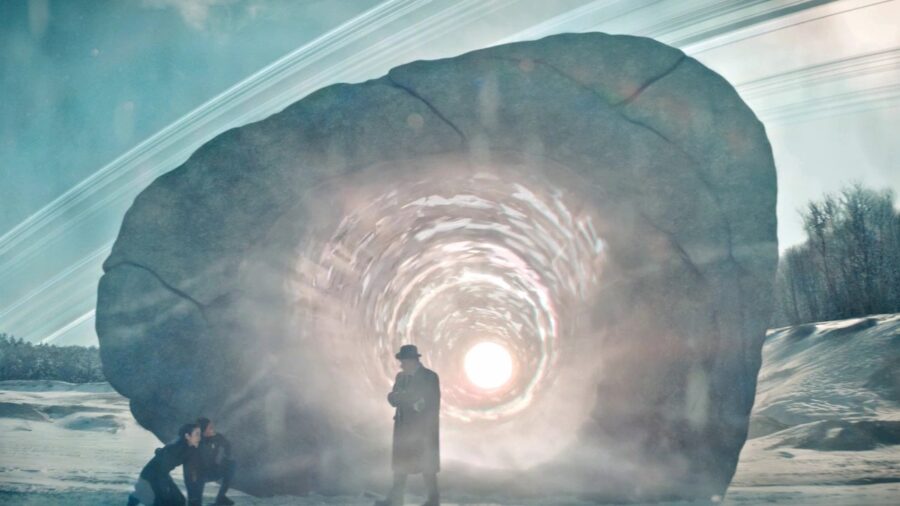
Considering how often Star Trek in general and Discovery in particular use time travel to tell stories, it’s not hard to imagine a future plot point that either reveals or (ahem) makes it so that this show is taking place in a splinter timeline: this could be the product of someone (perhaps Michael Burnham) using future tech to bring the time-traveling Red Angel suit back into play. Alternatively, Discovery made the dubious choice of revealing that The Guardian of Forever from The Original Series could move around the galaxy and even assume humanoid form. Someone stepping through this portal could change history forever, but the Guardian himself may be able to ensure that the Discovery events and characters continue to exist in a splinter timeline.
This would let Star Trek fans and writers have their hasperat soufflé and eat it, too: all of the Discovery events fans love would still have happened (as in, they wouldn’t be forever wiped from the franchise), but future stories wouldn’t be beholden to the show’s future history. That means we could once again have tension regarding the fate of Earth, Starfleet, our favorite aliens, and so much more. It could even open the door to the franchise telling more non-canonical tales (like Short Treks, but good) which simply focus on good storytelling rather than trying to perfectly reconcile themselves with over half a century of canon.
We Won’t Hold Our Breath

Given the weird decisions Star Trek execs have made in recent years (including greenlighting both a movie about Starfleet’s divisive wetworks division Section 31 and a teenybopper Starfleet Academy show), I doubt they will take this Discovery suggestion to heart. Still, placing the controversial Trek spinoff into its own timeline would make it easier to tell higher-stakes stories in the future while even winning over fans who hate how this show has transformed franchise canon. It’s what most fans want, and it’s time for Paramount to take a page out of Spock’s book and realize the needs of the many outweigh the needs of the few.

